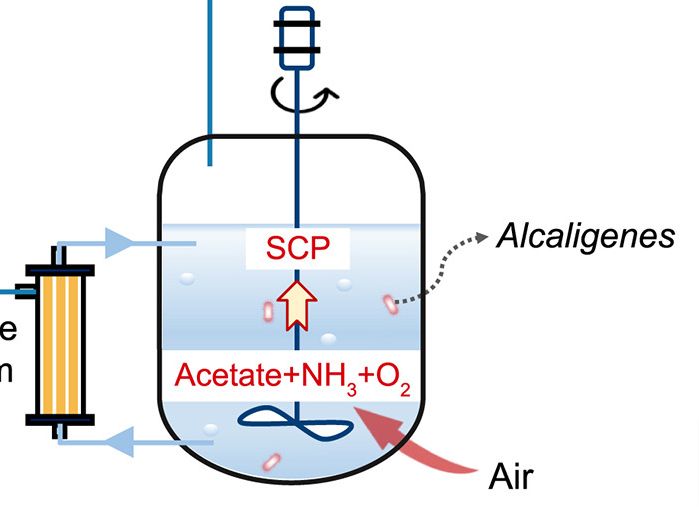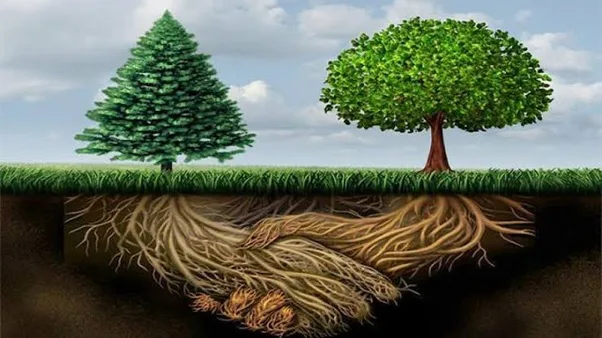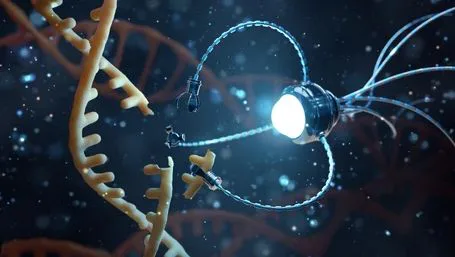A Mexican startup company, Cronology situated in Ecatepec, has designed an innovative environment friendly technology that recycles waste PET bottles into peta paper or mineral paper. The technology claims to conserve around 20 trees from being chopped down and 50,000 liter of precious water on the production of per ton of paper, as they do not need chlorine or water for manufacturing.
Additionally, these mineral paper apart from being ecological are also waterproof, photo-degradable and stronger than the regular paper and easily matches the quality standard required to print boxes, books and various other general stationery.
Cronology technology is four times cheaper relatively
Company cofounder, Ever Adrian Nava said that the idea behind producing such type of paper is to cut down production costs involved and curtail deforestation. As compared to traditional technology, the new Cronology method is 15 percent cheaper as the process does not require water or chemicals like chlorine. Other countries such as Taiwan and Spain also manufacture mineral paper using similar technology, however, the researchers of Cronology claims that their approach is still four times cheaper than other existing processes in the market.
Ever Nava further added that one ton of traditional paper production has an impact on the environment for next 100 years. However, mineral paper production has no such dire consequences on the environment. To produce a ton of mineral paper, 235 kilograms of PET beads or pellets is needed and 24,000 kilograms of plastic can be procured in just 8 hours.
Bottles to paper conversion
The first step in the process of PET to paper conversion is to recycle waste plastic bottles into pellets. The process of conversion of recycled plastic bottles into PET heads is accomplished by crushing them with calcium carbonate pieces that result in a mixture. The mixture is then passed through a casting process of over a hundred degree Celsius to make large paper sheets that are later rolled into sheets.
Mineral paper takes just six months time to degrade. The only drawback with the paper is that they do not support alcohol based ink gels.
The company expects that in the coming years, mineral paper would overtake the traditional paper used in books, notebooks, wrapping paper, food packaging or as toilet paper. With increase in population, demand for paper increases too, which put a pressure on our already deteriorating environment and hence, a process that ensure no tree cutting and use of water seems definitely a good solution.
Source: Alpha Galileo





